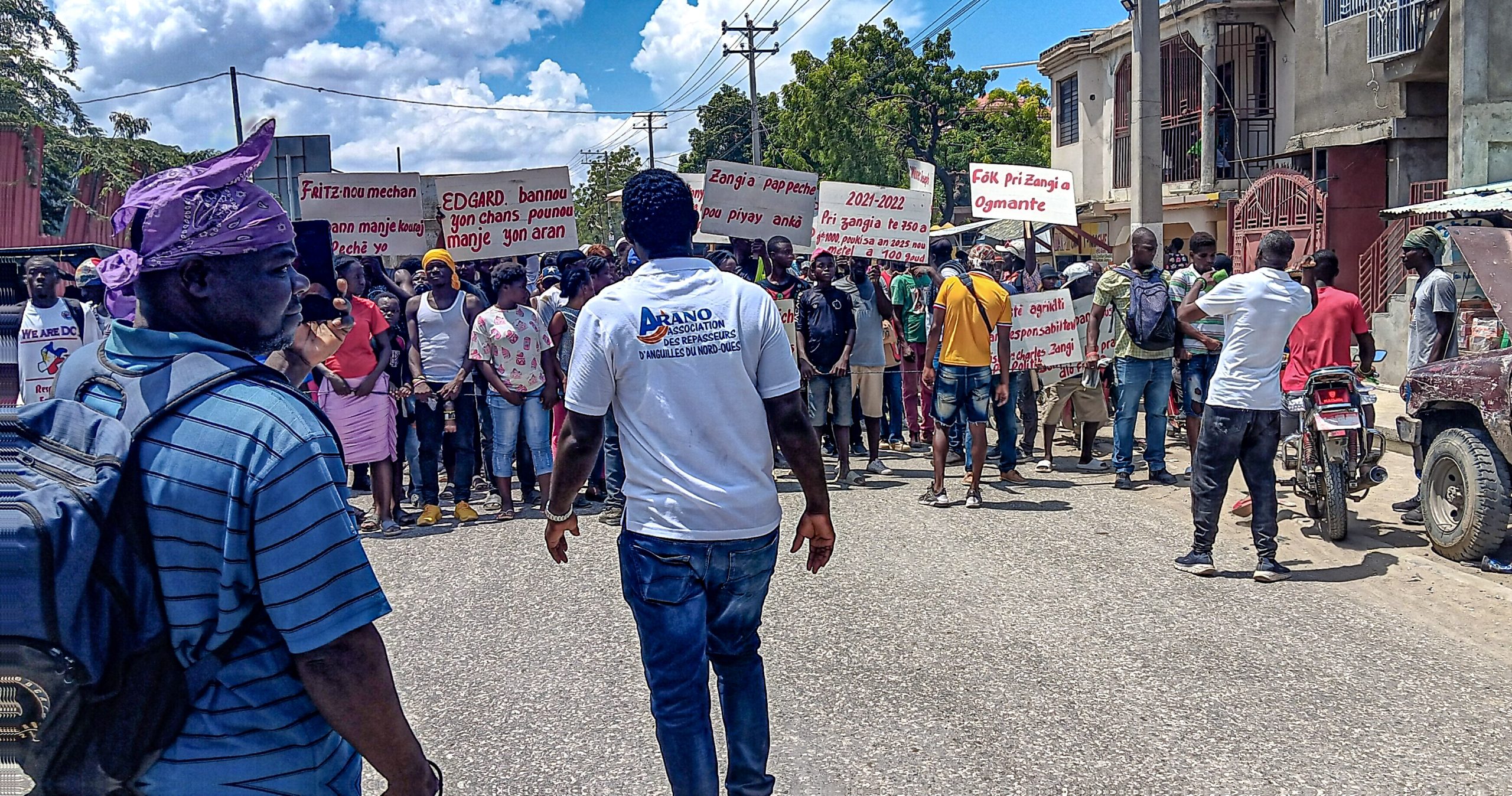The dirty, rotten deal at the heart of Higgins v Reynolds: Yes, her tweets were foolish lies – but everyone in Canberra knows how this all REALLY started. I’m finally going to say it: PVO
By Editor,Peter van Onselen
Copyright dailymail

Climate hypocrisy 101
There are two things nobody seems to want to talk about when they grandstand about the importance of climate change action in this country: the forgotten role of adaptation, and the impact on the climate of what we export.
Let’s start with the second one.
Did you know that none of what Australia exports by way of dirty-energy-fuelling resources counts towards our emissions reduction targets?
That’s right, we can continue to up the ante on how much we export, with no regard to what impact it has on the climate, and politicians can continue to be sanctimonious in setting targets other nations do not.
Australia is one of the world’s largest exporters of coal, which is one of the dirtiest energy sources still used.
We are the second largest exporter of thermal coal, which is used for power generation. And we are the largest exporter of coking coal, used in the energy-intensive production of steel.
Yet all those carbon-emitting consequences of our exports that help fund Australia’s economic prosperity don’t count when we rate our emissions. And there are no consequences to choosing to export to nations that often don’t even bother to try to cut their emissions.
We are the largest exporter of iron ore by a wide margin, accounting for nearly 60 per cent of global exports, with Brazil second with 25 per cent.
Iron ore is the chief ingredient in the production of steel, which, as mentioned, is an energy-intensive industry.
China takes most of our iron ore and it happens to be the world’s largest emitter – but, again, our complicity in that matters not when assessing our climate credentials.
It’s such a joke.
Politicians like to tell us that China is doing its bit, but if that’s the case, why is it also our biggest customer for coal exports? Coal is a dirty energy source and China’s dependence on it is like an addiction.
I only raise the hypocrisy of us trying to lift our emissions targets at the same time as we ramp up our dirty energy exports because it highlights just how vacuous this whole debate really is. It’s littered with contradictions.
If you believe in climate change, as I do, but are skeptical about how realistic preventing it is, you’re not alone. Many scientists say that even best efforts to reduce emissions won’t achieve the necessary outcome to halt or slow down global warming.
This is why investing in how Australia can adapt to what is coming is so important.
Of course, we can walk and chew gum at the same time – seeking to lower our emissions at the same time as we plan for what’s likely to change as the planet warms.
But right now, all the focus is on cutting emissions, with the latest 2035 emissions target of 62-70 per cent unlikely to be achieved but certain to be costly.
Where is the funding for adaptation? It’s the forgotten need when it comes to climate change action: not wasting excess money trying to prevent the unpreventable, but rather investing in future technologies and infrastructure changes that will be necessary to manage global warming.
Unfortunately, so much of the discussion around emissions targets has become religious in fervour, and we know how religions have traditionally reacted to heretics who challenge their teachings.
If you so much as question emission targets and their value in isolation from other actions, you get labeled a climate change denier. It’s a label too often used in the media and is designed to delegitimise anyone who challenges prevailing wisdom.
The simple fact is Australia’s emissions targets are both unlikely to be met and hypocritical in the context of what we export.
People need to remember our actions only matter in the context of what the global community does. If we cut emissions but others don’t, the planet’s temperature will keep rising. Our exports are helping fuel that reality.
Equally, if we don’t spend time and money planning to adapt to the severe impacts of climate change, we will be caught short as it happens.
Australia is one of the driest places on earth, meaning that climate change will affect us as much as anyone.
Making the effort to start adapting now is every bit as valuable as seeking to cut emissions – perhaps more so. Yet it is the forgotten child in this debate.
Speak no evil
One of the forgotten details of Linda Reynolds’ defamation case against former staff member Brittany Higgins is that Higgins, four and a half years ago, apparently agreed to sign a non-disparagement clause.
As we reported in August 2023: ‘According to the writ, obtained by Daily Mail, the senator claims the [Twitter] posts were in breach of a deed of settlement and release they both signed in March 2021, which contained a non-disparagement clause.’
What is a non-disparagement clause? In short, it’s a type of non-disclosure agreement (NDA) that prohibits criticising a person or organisation.
Basically, it meant Higgins promised she wouldn’t slag off her old boss.
That fact alone should make the rest of us sit up.
Higgins may have lost her defamation case against the former senator – rightly so, on the facts presented at trial – but whether she should ever have been asked to sign such an agreement is another matter entirely.
In fact, I believe the practice should be banned altogether.
In an era when politicians trumpet transparency and the corporate world parades its values, the truth is that NDAs have become a legal cudgel.
They’re not about protecting intellectual property or guarding trade secrets anymore. Standard workplace contracts already do that. They’re about money buying silence.
NDAs are the weapon of choice for the big end of town: governments, corporates and political offices. They close the curtains just as the public demands they be flung open.
We are told we live in a time of greater accountability. Bollocks.
Leaders talk endlessly about the need for trust, for confidence in institutions, for sunlight as the best disinfectant. Spare me.
Behind the scenes, corporations and governments rely on NDAs to prevent damaging truths from ever seeing the light of day.
The contradiction couldn’t be starker. They enable cover-ups – it’s that simple.
No one should be paid for silence and then threatened with court action if they have something important to say. These agreements should be banned via new legislation brought before the parliament.
If a workplace is toxic, if abuse has occurred, if culture has collapsed, the public deserves to know and the big end of town shouldn’t be able to hide behind a legal payoff designed to cover up potential wrongdoing.
The public pays politicians’ salaries, consumers fuel corporations’ profits. It is our right to know when the institutions we fund fail us. NDAs flip that principle on its head.
Non-disparagement clauses are just NDAs by another name, and also need to be banned.
They don’t stop the release of sensitive information – they simply stop criticism, and not even just in relation to one’s time at that employer.
An ex-employee can’t tell the truth about a workplace, a boss or a toxic culture if what they say could be deemed unflattering.
They can’t even offer general criticism of the organisation after they are long gone without the threat of court action. It’s a gag order dressed up as civility.
Once again, the big end of town flexes its financial muscle to muzzle dissent, ensuring reputations are protected not by merit, but by legal threat.
If we’re serious about better accountability, these clauses must be banned, alongside NDAs more broadly.
Supporters of NDAs say they provide closure. However, in reality, victims can’t speak, perpetrators aren’t held accountable, and the cycle repeats itself.
Whether in politics, finance, sport or the entertainment industry, the story is always the same: the powerful smother scandals by reaching for the cheque book.
The biggest scandal often isn’t the wrongdoing itself, it’s the way NDAs help cover it up. Higgins signing a variation of an NDA should be a national wake-up call, notwithstanding the defamation judgement she lost.
Silence shouldn’t be for sale.



